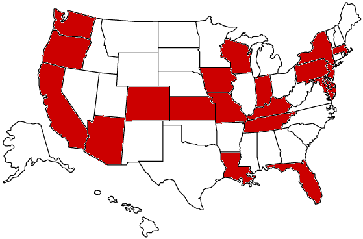Radio Ink publisher Eric Rhoads penned a frantic and strident report following the magazine’s annual ConVergence Radio Conference earlier this month in which he warns of radio’s impending extinction in vehicles.
On the stage were three representatives of the automotive industry: one from Gartner Research…one from the Silicon Valley offices of General Motors…and one who represents an industry association for the connected car. They were on a panel moderated by Buzz Knight of Greater Media, and they talked about the direction of in-car experiences, the digital dashboard, and what will be coming next to the dash of the car….Then, suddenly, this statement was heard: Continue reading “Radio's Imminent Demise in the Dashboard?”
